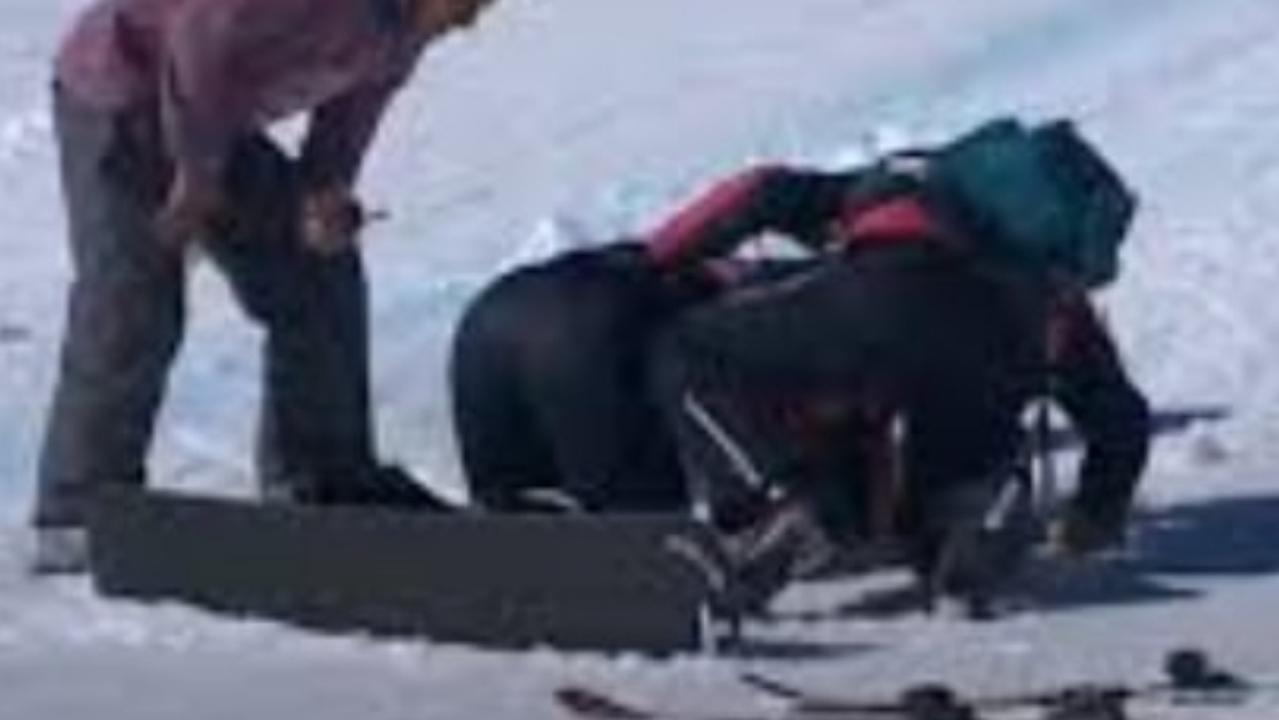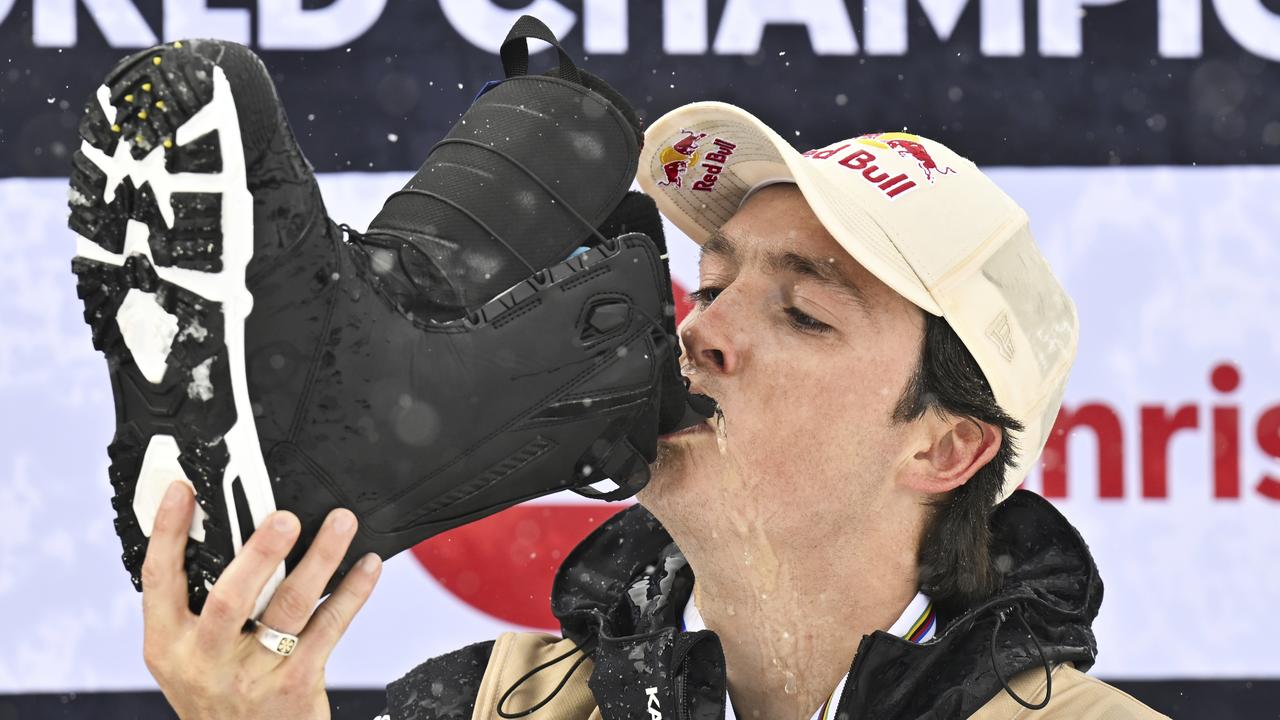Winter Olympics 2022: Australian team create mobile testing lab to deal with volume of Covid-19 tests
Australia’s Winter Olympics team has left no stone unturned in a bid to speed up the process for required Covid-19 tests at the Beijing Games.
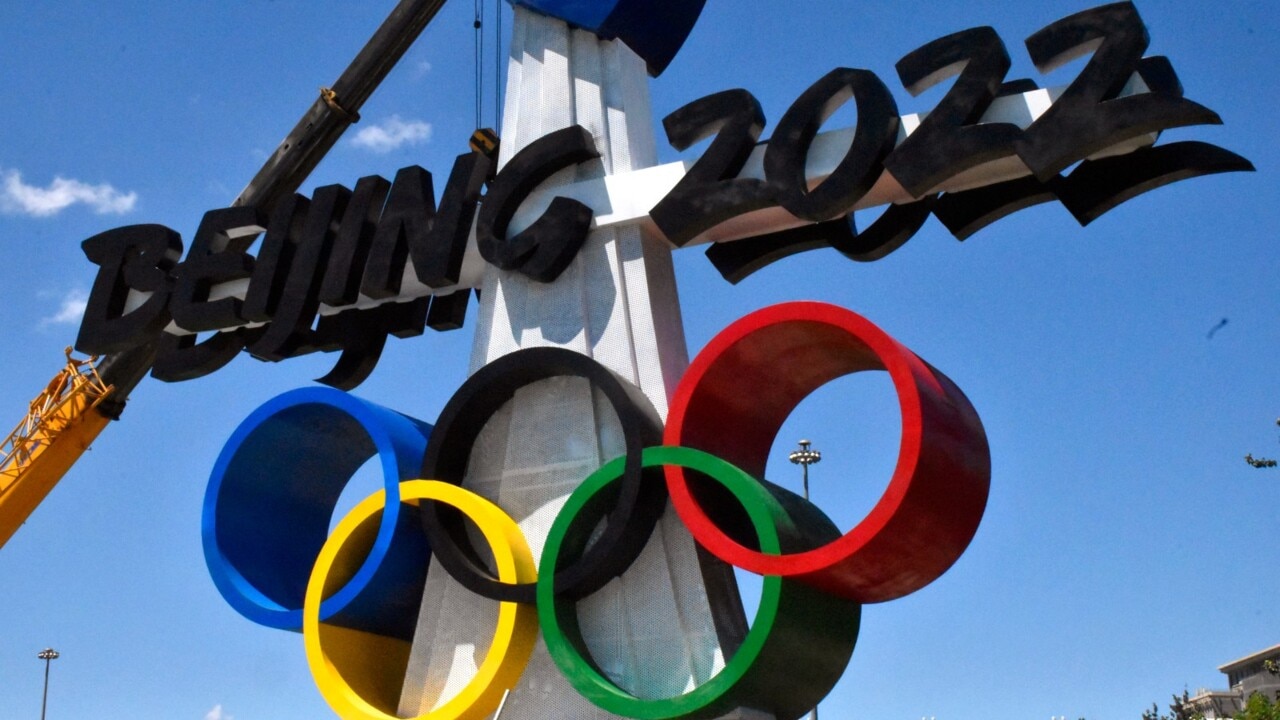
Winter Olympics
Don't miss out on the headlines from Winter Olympics. Followed categories will be added to My News.
Australia has a secret weapon at the Beijing Winter Olympics: a mobile testing laboratory that can turn around medical results in under an hour.
In a first for the 43-strong Australian team of athletes, four Australian medicos will be able to take various samples from any athlete who reports being off-colour and have pathology results produced in-house almost immediately.
Head doctor Peter Braun, who has been to eight Winter Olympics, said having their own team laboratory was an advanced development for athletes.
It will also provide some comfort for the athletes in being able to know what their illness is before having to undergo the daily PCR testing for Covid-19 required by the Beijing authorities.
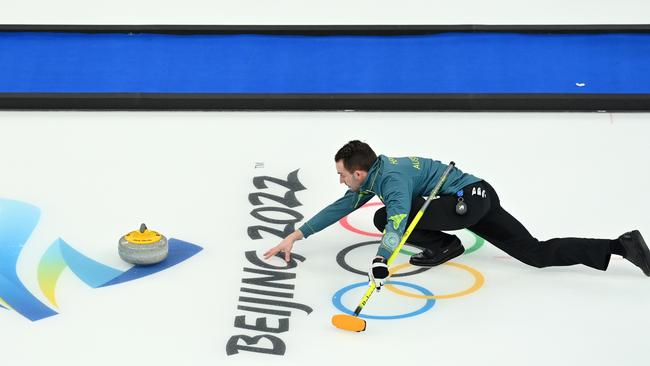
Dr Braun told News Corp: “It is as much for non-Covid diseases as well as Covid, because there are other illnesses that can have a big impact on health and athlete performance and we will be able to deal with those more efficiently than we’ve ever been able to”.
He added: “We will be monitoring based on symptoms like gastro, it might be like a flu or a common cold virus. So we will be able to pick up those early. Norovirus was very infectious in PyeongChang (Olympics in 2018) so we want to be on top of anything like that.’’
Most of the athletes will have single rooms at the Olympic village, with support staff doubling and tripling up to ensure the athletes are as comfortable as possible, and also minimise the risk of any illness being transmitted between competitors.
Dr Braun said: “If any athlete reports they have symptoms they we’ll be saying to them, ‘okay stay in your room’. If it sounds like something needs isolation we will tell them ‘we will come to you’. We’ll have all the PPE and we’ll be able to examine them, evaluate, take samples and then get those samples to our lab.
“Once it gets to the lab, the turnaround is within 45 minutes.”
Dr Braun said all of the Australian team members had been fastidious with their “routine” testing for Covid in the lead up to arriving in Beijing to try and reduce the chances of testing positive at Beijing airport and then facing weeks in hotel isolation or in a Chinese hospital.
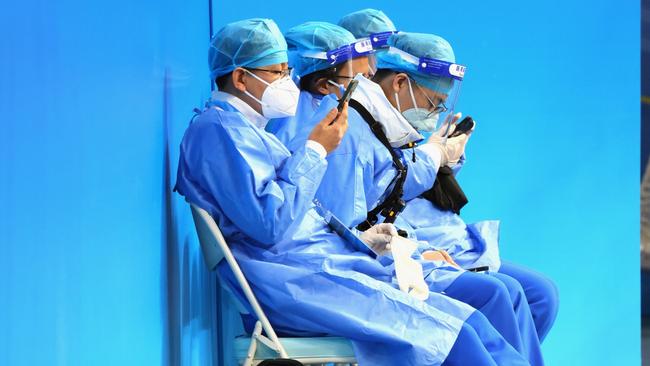
“We have been doing PCR tests 30 days or just prior to 30 days (from arriving into China) to pick up any positive cases. And we have been doing testing at 16 days because we want to know, from at least 14 days pre-departure, that’s when people have to be extremely careful and protective.
“So we want to know that entering that 14-day period of fastidious behaviour they are Covid free so they can stay that way.
“The athletes are also doing rapid antigen tests throughout that period to keep tabs on things. That’s what we are doing and a lot of other countries are doing the same thing.”
Dr Braun said a “number” of Australian team members had contracted Covid in the 30-day period before the Games opening on Friday night, while competing in North America and Euro.
These athletes have had to undergo an extra layer of testing for the Chinese authorities at least a fortnight after contracting the infection to prove that they are no longer infectious. It means those who have had Covid will have to have four clear PCR tests to even get on a plane to Beijing.
“The Chinese authorities require that because they want to look at the pattern of viral load and see how the illness is behaving,” Dr Braun said.
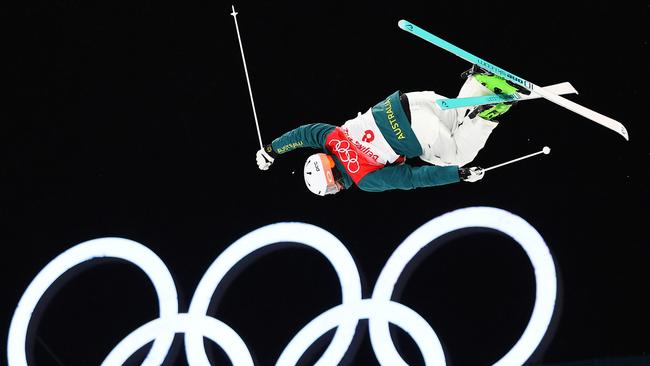
“They want to be sure that it is a pre-existing illness and it’s on its way out and levels are declining. But what they don’t want to see is a new infection where they either don’t know what’s happening or where the levels could be increasing. They need an understanding of where the illness is in its process to work out whether it’s safe for that person to go to China.
“We’ve got a number of people who are in that situation where we have been monitoring, doing the testing, proven the recovery, applied to the Chinese authorities and they have general turned it around within 24 hours, or 36 hours and we have had approvals on everyone so far. We’ve had no one knocked back or needed further requirements”.
If any of those athletes who have had Covid then test positive in Beijing, mainly because the Chinese testing is more sophisticated than western countries, a medical review panel comprising of 15 Chinese health officials and five Olympic medical experts will decide if the infection is current, or is non-infectious lingering remnants of dead virus.
The distinction is the difference between spending the Games depressed in a hotel room or hospital or being able to compete under tightly controlled rules which restrict any contact with others.




